For the PRIMER team, one of the joys of summer is having the time to devour a whole heap of books. Bonus points if we happen to be near a body of water while doing so.
Felicity used this summer to catch up on some of last year’s buzzy titles; Anna got stuck into advanced copies of some rather exciting 2024 releases; and Laura indulged by reading entirely non-work-related books (ie. books more than five years old). Here’s the best of them…
Anticipated 2024 releases
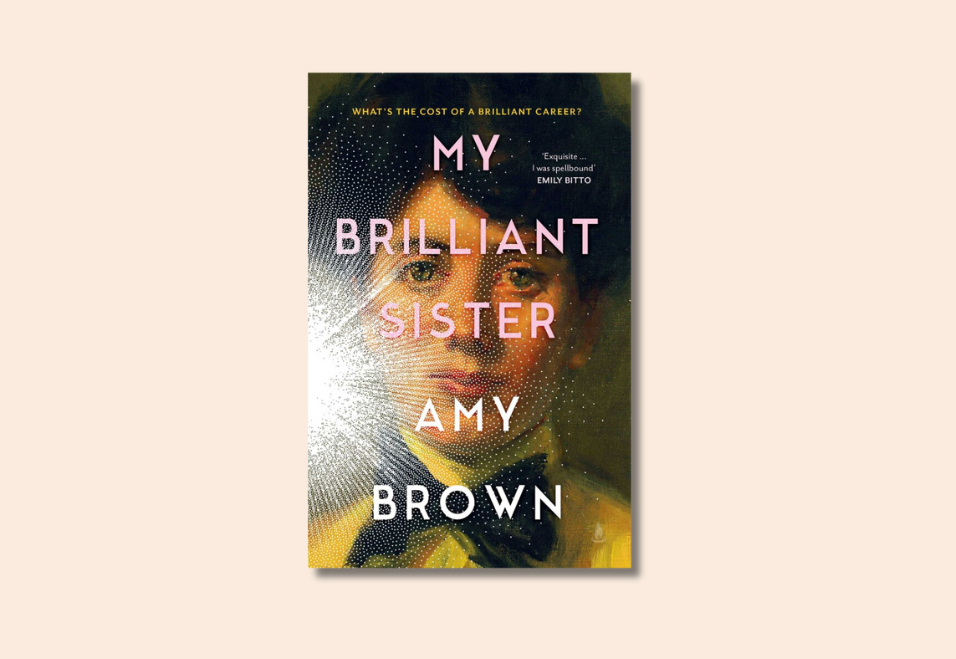
My Brilliant Sister by Amy Brown
What counts as a valuable life? Is caring for children more or less worthwhile than pursuing a career? And what is the cost of fulfilling your professional ambitions? These are some of the knotty questions that New Zealand poet Amy Brown’s debut novel poses. The book opens with the story of Ida, whose career has stalled during early motherhood while her husband’s ambitions remain unchecked. However, it’s Brown’s layering of two other stories, including a fictionalised account of the sister of author Stella Franklin, Linda, that make the book so thought-provoking and original. I really enjoyed (and related to) this book. — Anna
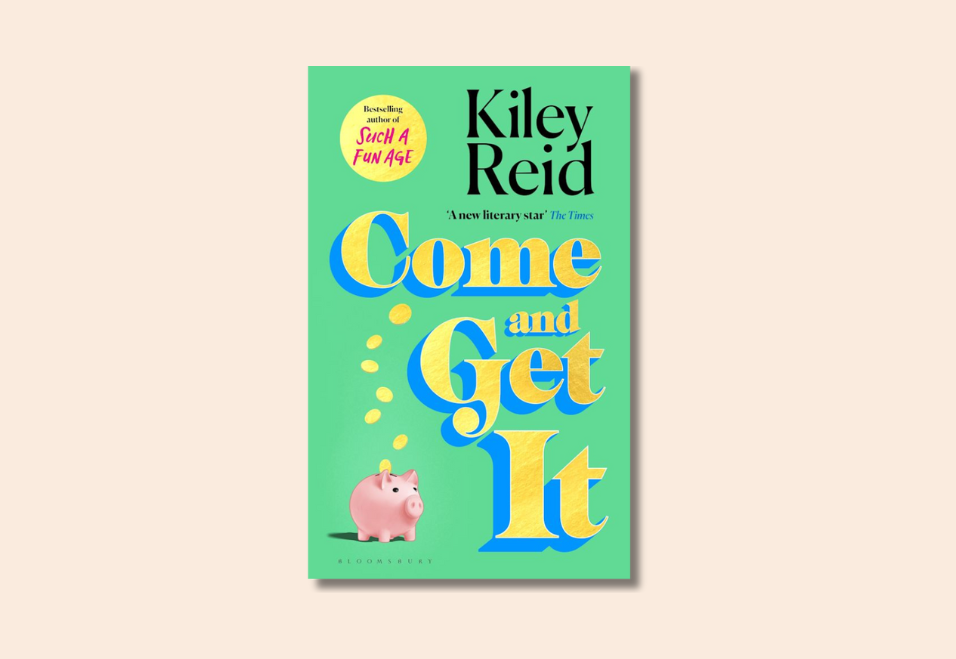
Come and Get It by Kiley Reid
Fans of Kiley Reid’s first book will find this, her second offering, a marked change from the bestselling Such A Fun Age. Come And Get It follows a group of university students and staff in Arkansas, and it is both less plot-driven and more character-focused than Reid’s debut. However, both books tackle thorny social issues, and Come And Get It examines the ways in which money and power intersect and how attitudes to money can reflect broader values and insecurities. — Anna
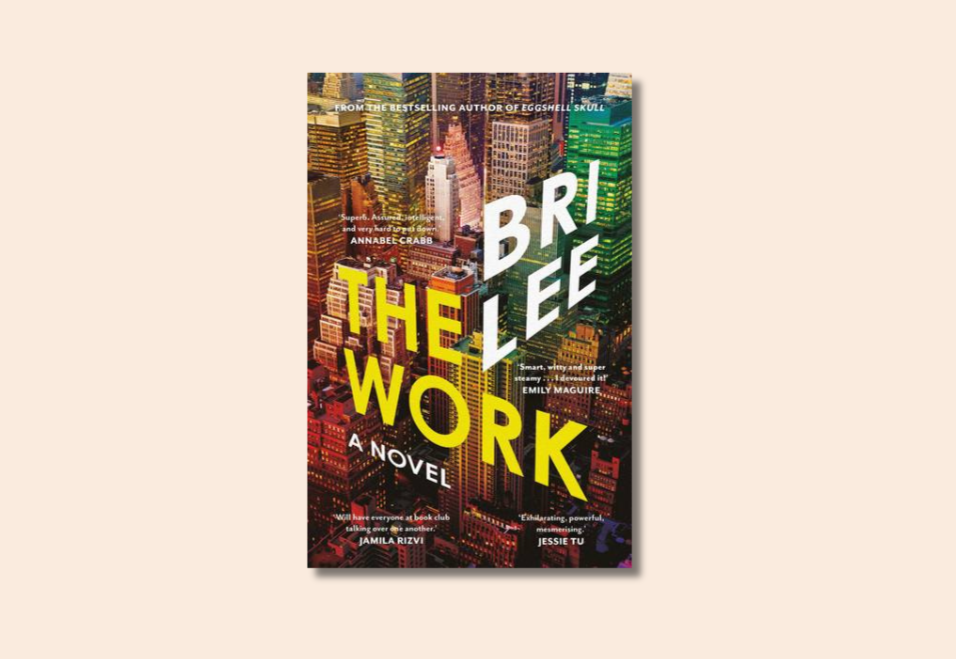
The Work by Bri Lee
I’m not allowed to say too much about Bri Lee’s fiction debut about art, power, love and money, but I can tell you that I gobbled it up over two days this past summer and have thought about it a lot since. Equal parts pacy and racy, there’s a good chance your book club will be reading The Work when it publishes in April. — Laura
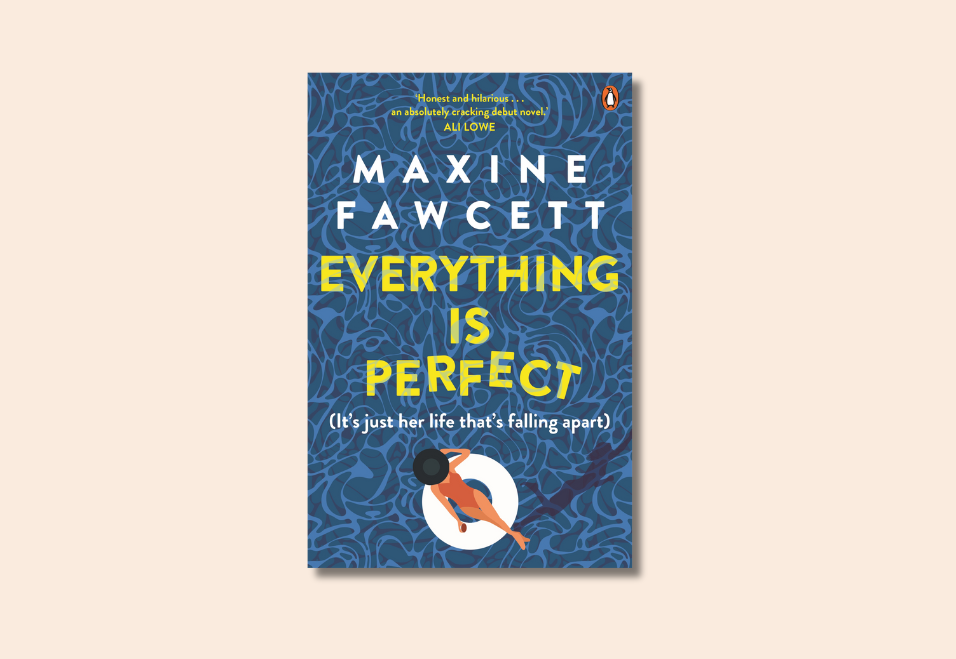
Everything is Perfect by Maxine Fawcett
This debut novel from Sydney writer Maxine Fawcett revolves around mum-of-two Cassie Prince, who develops an inappropriate crush on a dad from her children’s school. Fast-paced, humorous and accessible, Everything Is Perfect doesn’t aspire to be high literature; instead it sets out to mirror the concerns and experiences of a very specific audience: middle-aged women with workaholic husbands who are grappling with work-life balance, ageing and their value in the world. It me, as the kids say. A light, read-in-a-day book for the beach. — Anna
Buzzy books
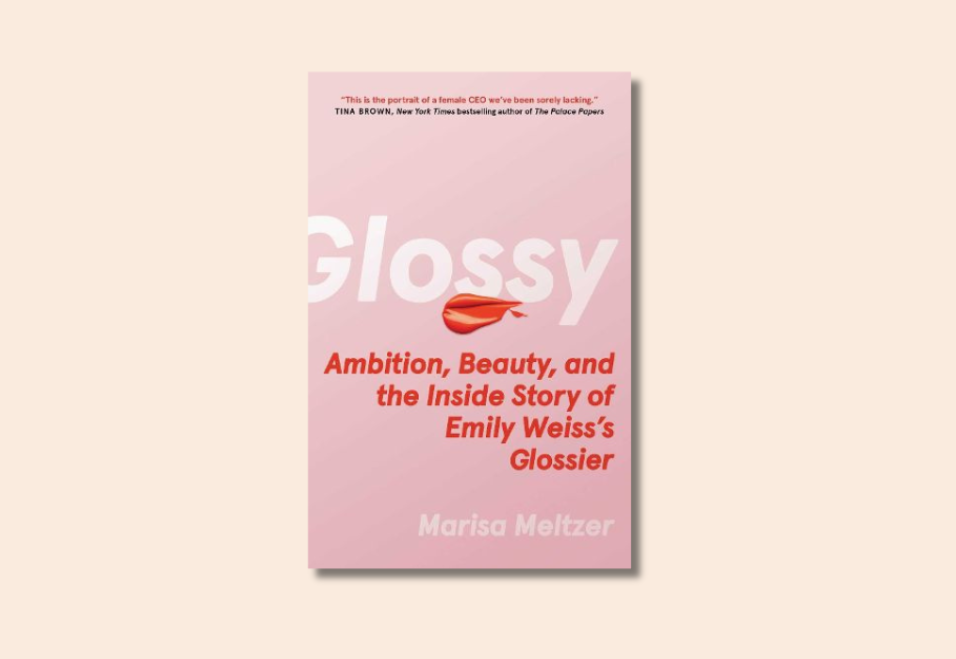
Glossy by Marisa Meltzer
Despite never having purchased a Glossier product in my life, I really enjoyed Marisa Meltzer’s book about the millennial beauty brand and, more broadly, about culture, ambition, and corporate feminism. Charting the rise of the billion-dollar company and the psychology of its founder Emily Weiss, it offers a fascinating context to the culture that created—and then cancelled—the girlboss. — Laura
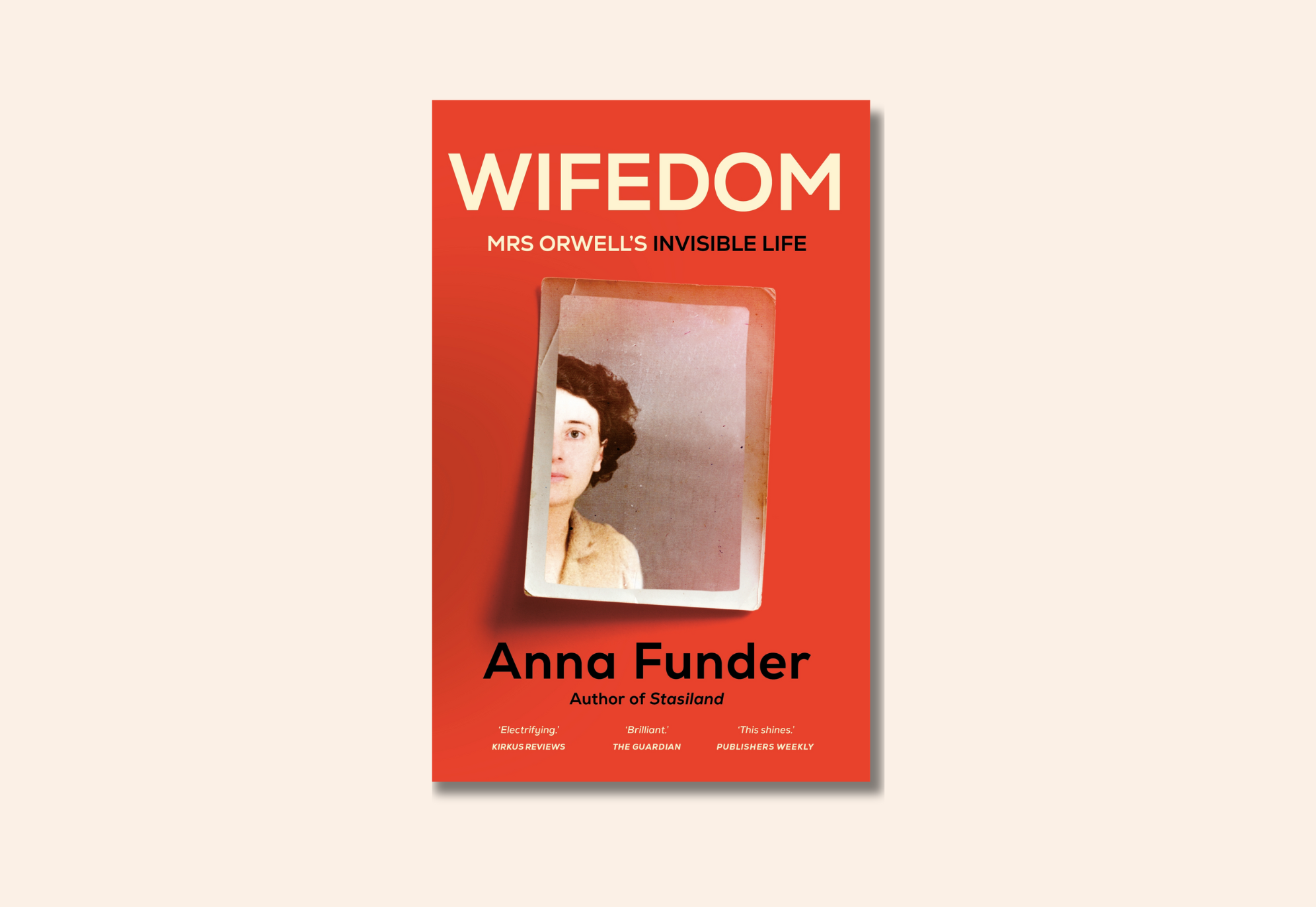
Wifedom: Mrs Orwell’s Invisible Life by Anna Funder
As happens so often, I was late to the party with Wifedom and picked it up a good two months after the women in my various WhatsApp groups had stopped raving about it. So I’ll rave about it here: Wifedom is a brilliant, breathtaking wail of feminist anger, expressed through the heartbreaking story of George Orwell’s little-known wife, Eileen O’Shaughnessy.
Funder stumbles upon Eileen almost by accident. Struggling with a midlife crisis of identity and the “motherload of wifedom I had taken on”, she turns to her favourite author, Orwell, for inspiration. This time, though, what interests her more is the stuff Orwell left off the page: the influence of his smart, literary and put-upon wife. As Funder uncovers more about Eileen’s role in supporting Orwell and his work, she raises the questions that torture so many of us as we try to retrieve dreams lost under piles of laundry. How do we hold onto our identity when everyone else’s needs are so urgent? What gives? — Felicity
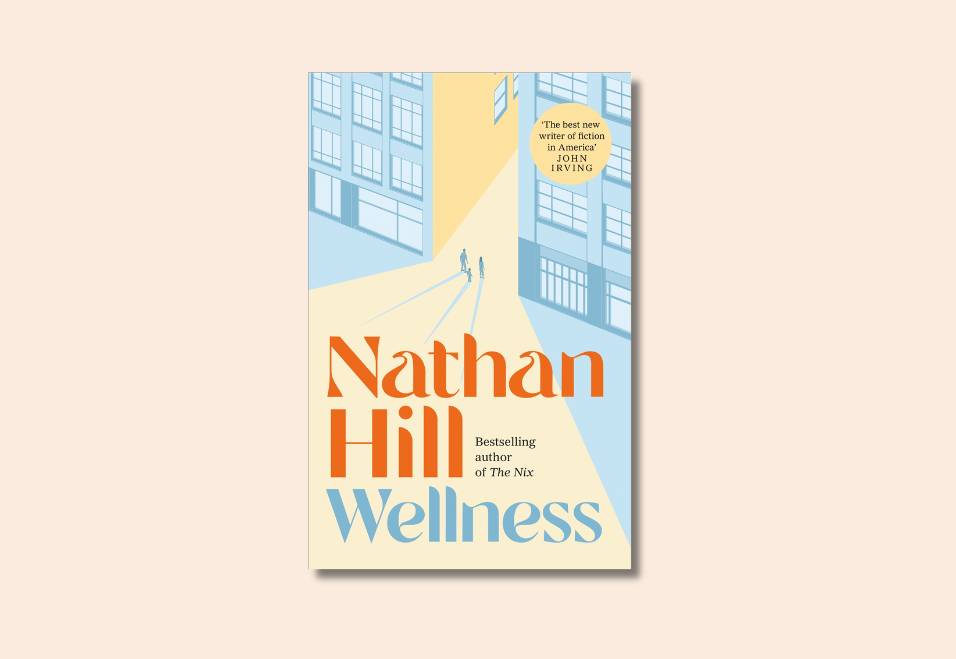
Wellness by Nathan Hill
If you’ve ever looked at your long-term partner and thought, ‘Remind me why we got together?’, this is the book for you. Jack and Elizabeth meet as students in ’90s Chicago, part of the underground arts scene and deeply in love with their life, their friends, each other. Twenty years on, worn down by money struggles and parenthood, they’ve grown apart; so far apart, in fact, that they’re planning to have two master bedrooms at opposite ends of their apartment. Yes, this all sounds irredeemably depressing, but this is actually a funny, smart, 600-page joy of a novel that feels all too relatable at times. — Felicity
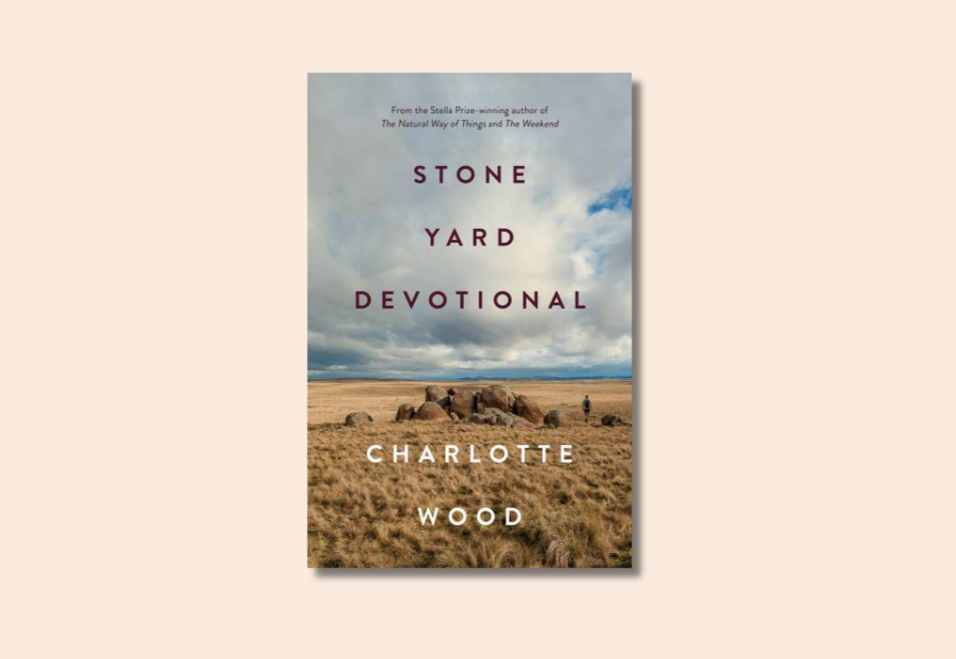
Stone Yard Devotional by Charlotte Wood
I waited for the holidays to sink into Stone Yard Devotional. It is a rare read; contemplative, and intimate but also wryly funny and revealing. An isolated convent on the Monaro plains; a mouse plague; the returned bones of a missing nun; a radical environmentalist; and a splendidly complex and fully-drawn central female character rise up from its pages. This is sophisticated, compelling storytelling. It’s an exploration, a mining of female character. And it’s a standout. — Kylie
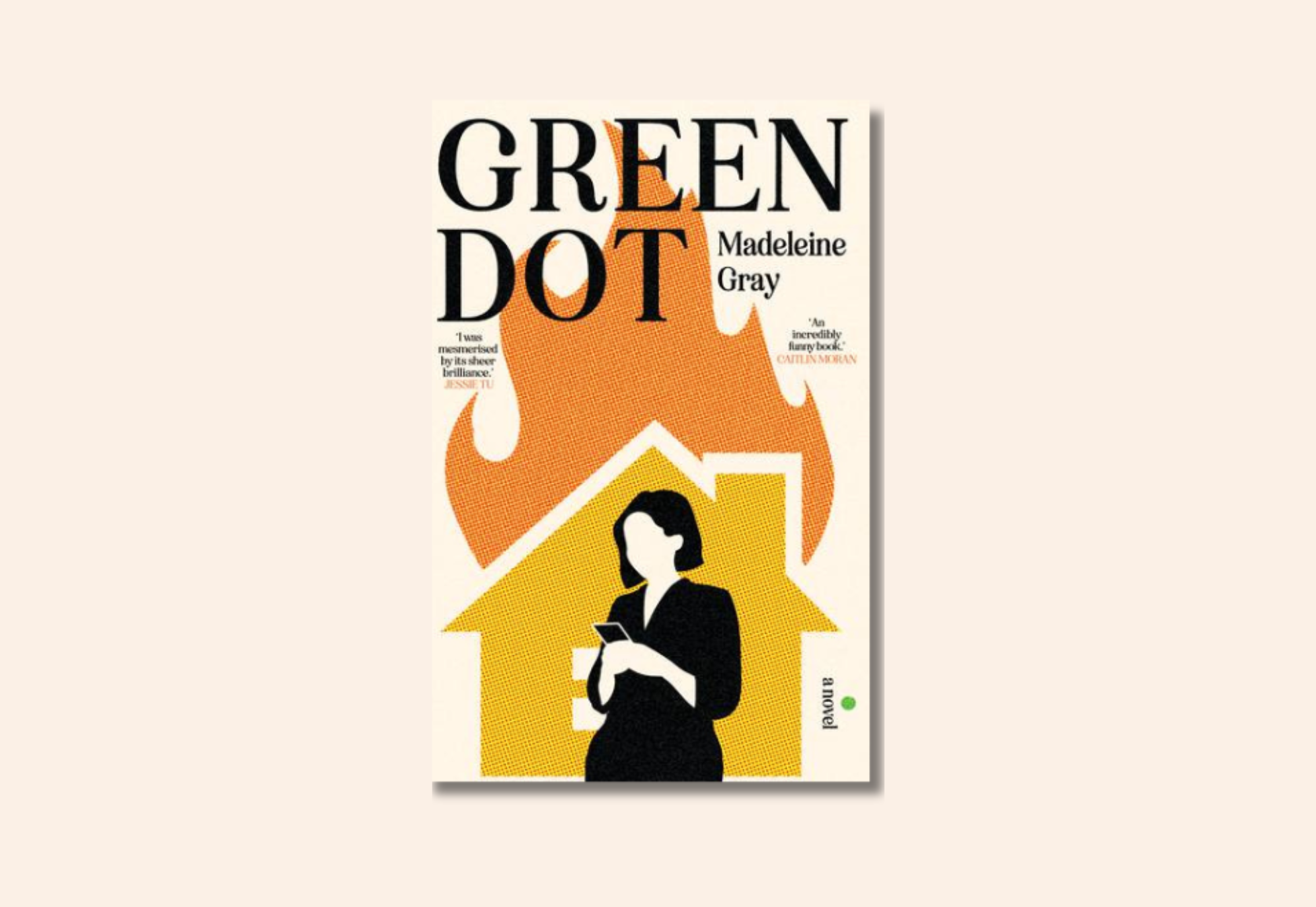
Green Dot by Madeleine Gray
Books that make you laugh out-loud are surprisingly rare, which only adds to the excellence of Green Dot. It’s the kind of coming-of-age tale that makes you wince with recognition a few too many times. The (anti) heroine is Hera Stephens, a twenty-something with three degrees and nowhere to go, who lands a job as a comments moderator for a news site (the comments section being the kind of supportive, stable environment for a highly insecure young woman to hang out).
Understandably keen for distraction, Hera falls in love with an older married journo, “settled into the couch of his life… I was intoxicated by the promise of ordinary happiness implied by his cargo shorts, by his chemist-bought sunglasses. I was besotted by the way he combined a high-powered job with the nervous shyness of someone who was bullied in primary school and has since taken on knowing timidity as an endearing personality trait.”
We know – and she knows – the relationship is doomed to fail, but that doesn’t stop Hera giving it everything she’s got. — Felicity
Old Books
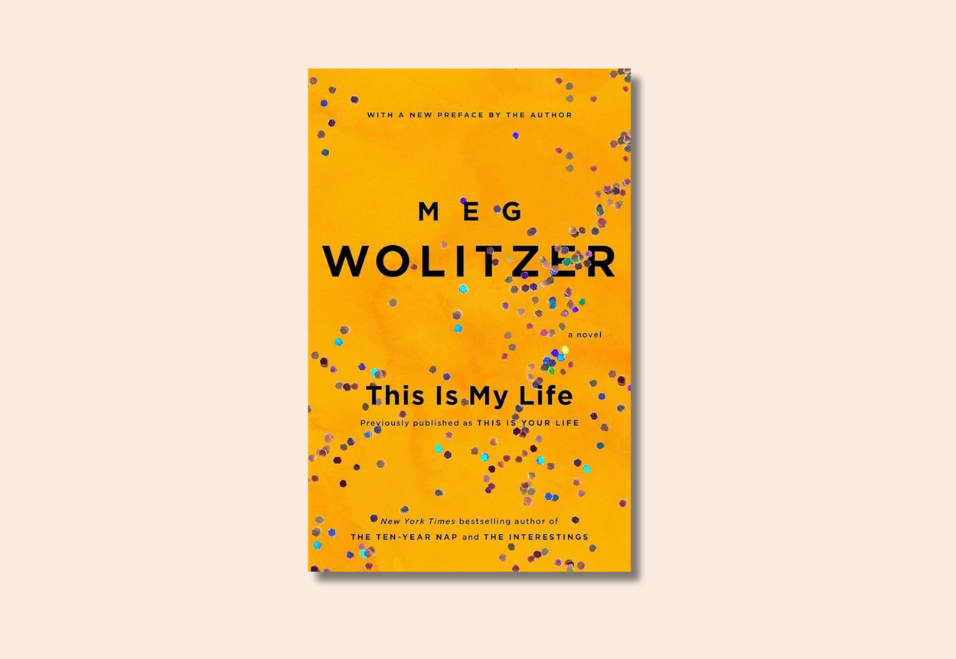
This Is My Life by Meg Wolitzer
It’s always thrilling to discover a book by a beloved author that you haven’t yet read. Even more thrilling is to discover it via its film adaptation by Nora Ephron (her directorial debut)! This Is My Life published in 1989 and is as smart and witty as every other Meg Wolitzer novel I’ve read and loved. About the daughters of a female stand-up comic who watch as their mother struggles to balance her career with the needs of her children, you will want to keep your eyes peeled for a copy at op-shops as it is now (sadly, shockingly) out of print in Australia. — Laura
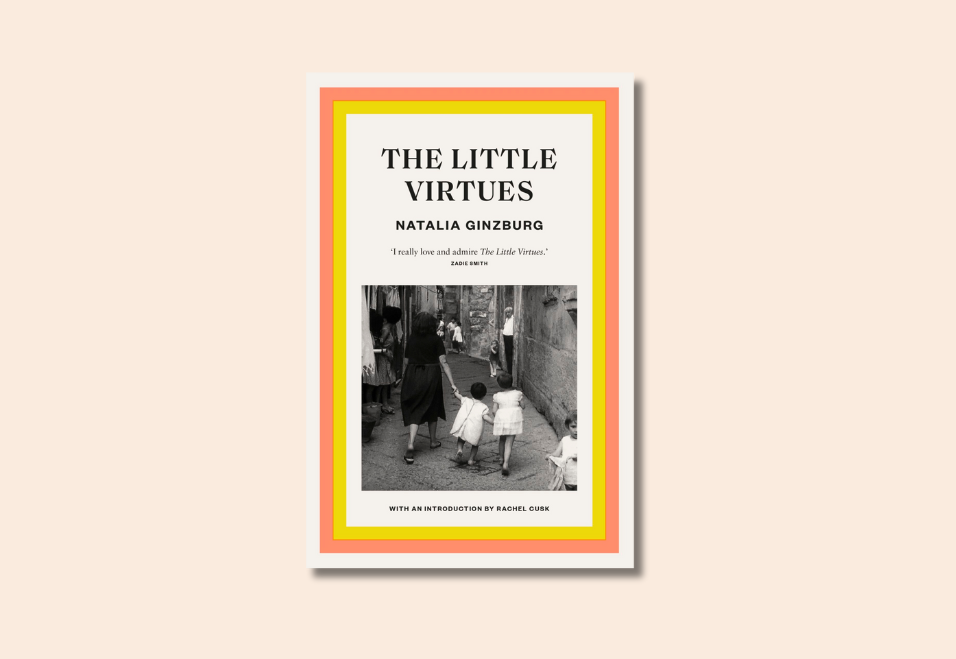
The Little Virtues by Natalia Ginzburg
This summer I fell in love with Natalia Ginzburg’s writing. The daughter of a Jewish father and Catholic mother, Ginzburg was born in Sicily in 1916. At the end of World War II, Ginzburg was in her late 20s and a widowed mother of three children. I mention all of this because it’s these details that have so significantly shaped her life’s work is concerned with family relationships, motherhood, moral catastrophe, hardship and hope.
Family Lexicon—a novel about politics, war, music, literature and family—was my starting point, followed by Voices in the Evening. But it was the slim essay collection Little Virtues—which reckons with the Second World War and its aftermath—that has stayed with me the most. Ginzburg can simultaneously write about daily life while asking fundamental questions about moral complexities. Her wisdom shines through, relevant as ever. Read her! — Laura
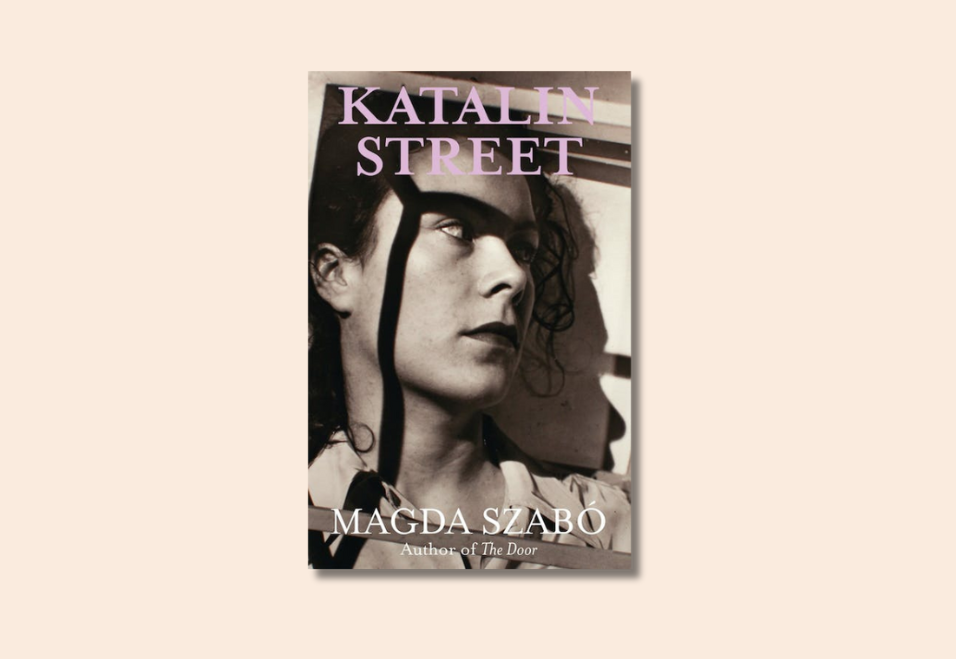
Katalin Street by Magda Szabó
When a bookseller starts a sentence with “you know what you would love”, it’s my moral duty to obey their orders and buy the book immediately. And that’s how I discovered this poignant novel about three families thrown together on Katalin Street in Budapest from the prewar period up to the tumultuous unrest of 1968. If you love books about intertwined families, love, morality, war, and, well, ghosts, this will be entirely for you. — Laura
Compelling non-fiction
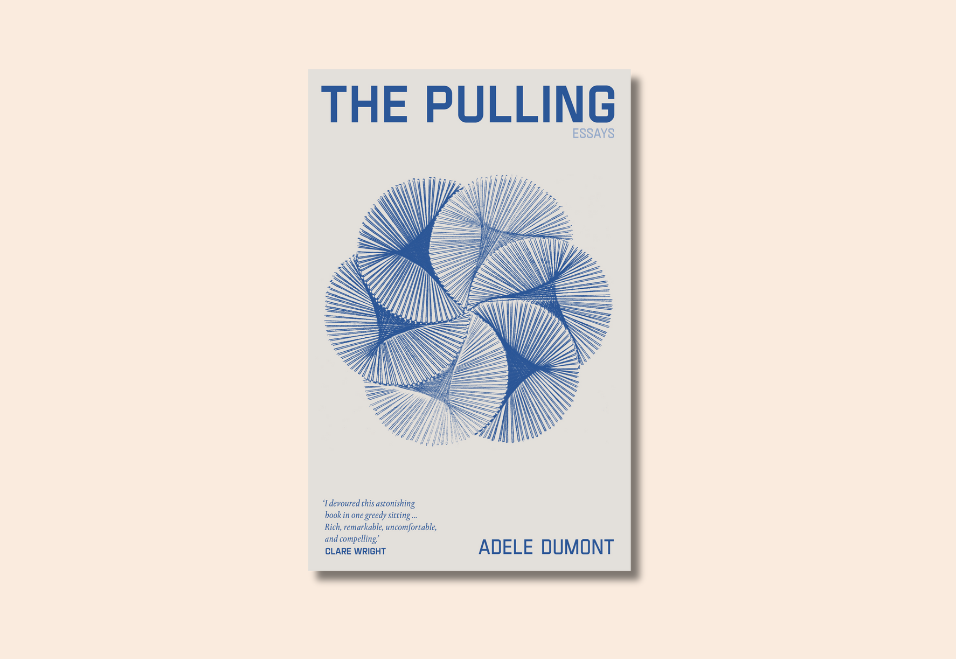
The Pulling by Adele Dumont
Sydney author and critic Adele Dumont has trichotillomania, the compulsive urge to pull out strands of hair from her scalp. There’s a method to her pulling, as she writes in this compulsive, unsettling memoir, with each hair scrutinised, touched and tasted. She runs the root along her lip, notes the particular colour and texture of each strand. But alongside this careful taxonomy runs the uncontrollable need to pull. When an episode takes hold, Dumont can spend hours hunched over, tugging more and more hair, emerging exhausted and filled with shame.
Dumont writes so beautifully and with such precision that I read her memoir in just a couple of days; she lays bare her inner world with an honesty that sometimes makes you feel intrusive. She resists a resolution – it’s not giving away anything to say there’s no narrative arc of struggle and redemption here, just an extraordinary woman coping with her past and her present in the best way she can. — Felicity
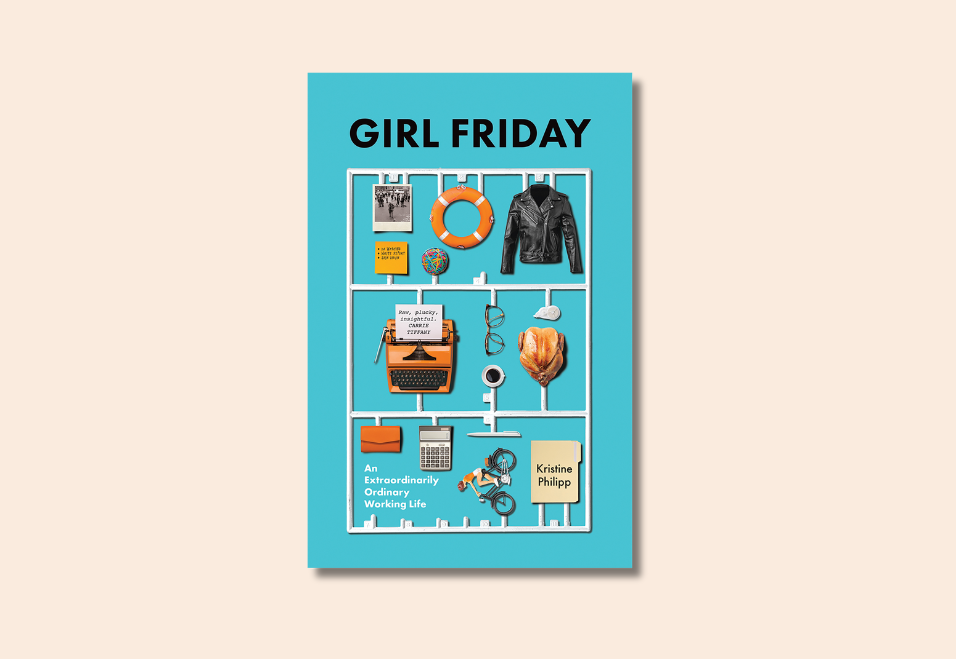
Girl Friday by Kristine Philipp
Nothing extraordinary happens in Kristine Philipp’s memoir of her 40-year career in admin; there’s no midlife plot twist or sudden revelation about life’s meaning. And that’s kind of the point. Her everywoman account of office life, with all its camaraderie and boredom, is achingly relatable, but Philipp cleverly sets her own experience in the context of society’s treatment of women at work, particularly as they grow older. As a single woman in her 50s she finds herself unemployable, which is a situation familiar to increasing numbers of older women. But it’s what happens when the pressure of work recedes that’s particularly illuminating. If you’re a woman who works outside the home… you should probably read this. – Felicity




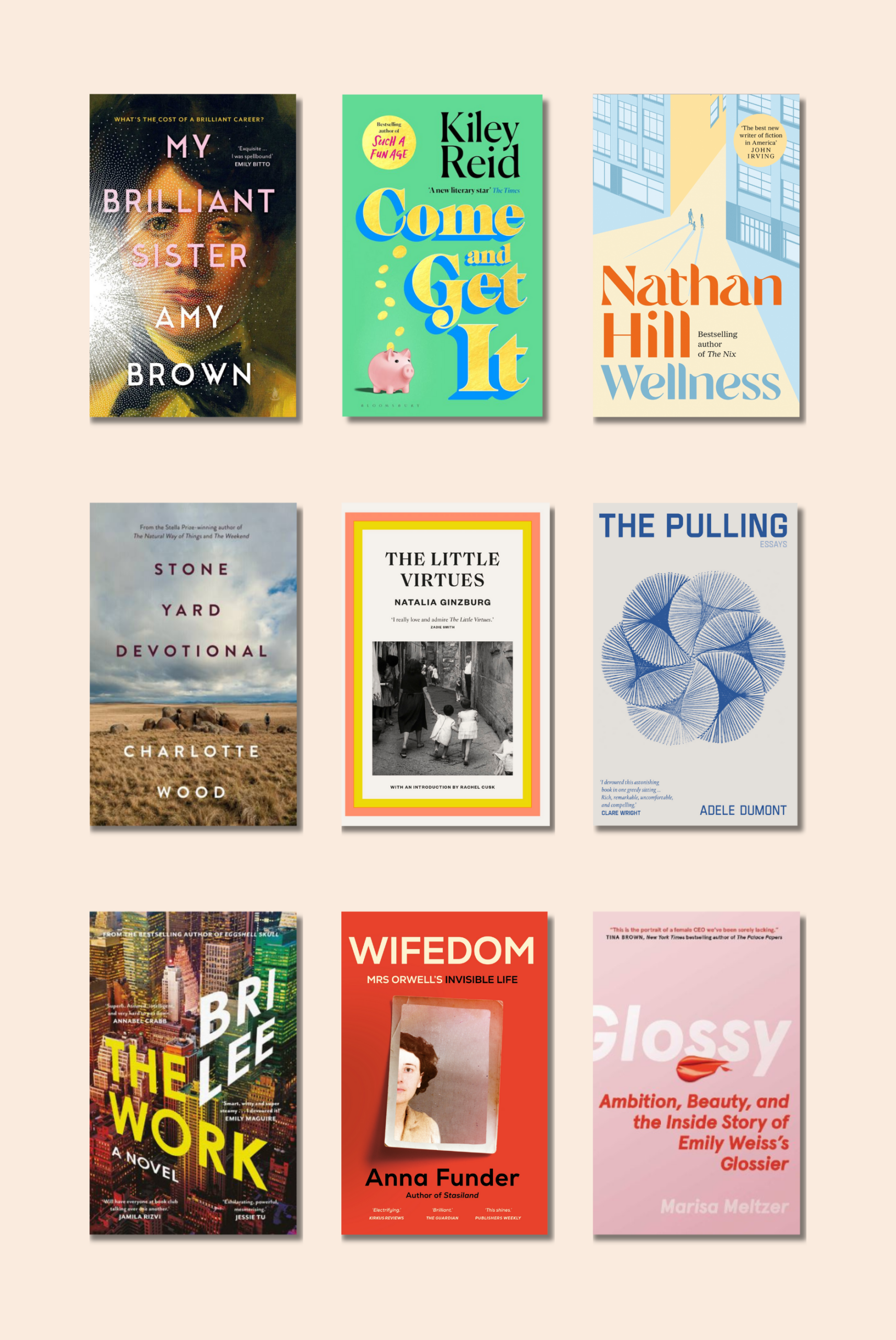



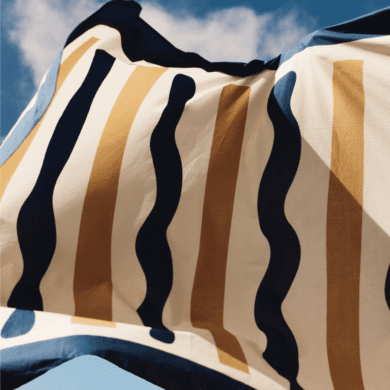
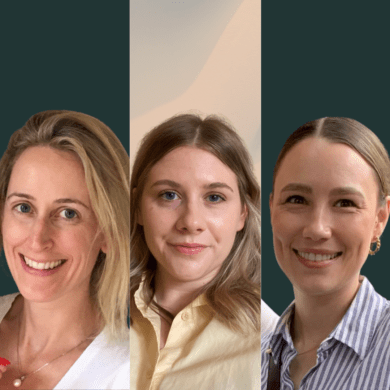

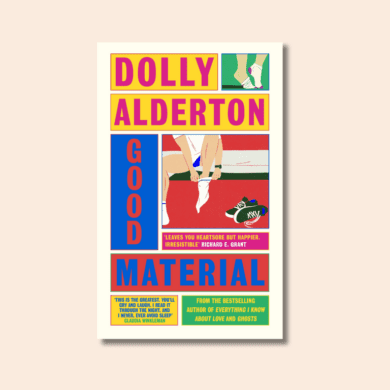

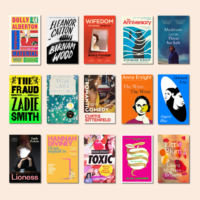
No Comments